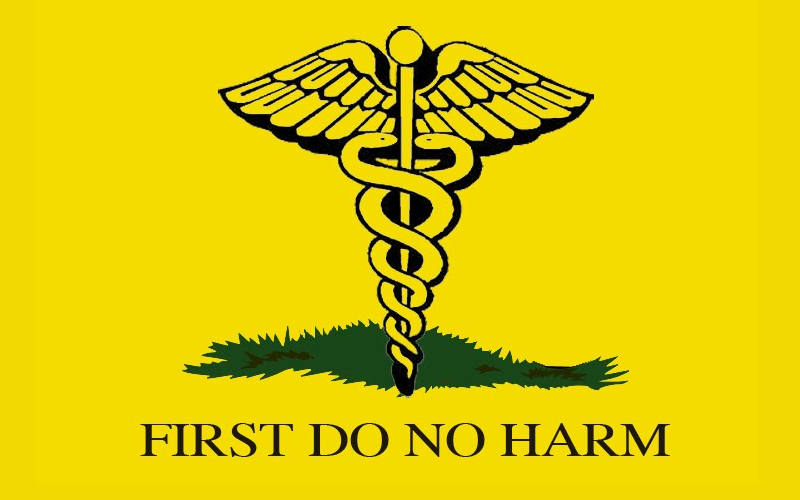Because of his desperate situation, D. J. Ferguson was sitting at the top of the transplant list at Brigham and Women’s Hospital, located in Boston. But transplant patients must undergo several vaccines because the post-surgery immune system is severely weakened.
That list includes the experimental COVID-19 jab which the young man, 31, refused to put in his body.
Ferguson, who suffers from a hereditary heart issue, has been hospitalized since November when his lungs began filling with blood and fluid.
His story was first reported by WBZ 4, a CBS news affiliate. Then it got picked up by the widely-read New York Post, which pointed out a Colorado woman was denied a kidney transplant because she, too, refused to get the vaccine.
American Family News tracked down the young man’s father, David Ferguson. He tells AFN his son is well aware the COVID-19 vaccine has caused serious heart problems including enlargement of the heart --- known as myocarditis --- and blood clots.
 “They were trying to coerce my son, under the threat of death, to accept something put into his body that is actually hurting guys his age,” the father says. "It's documented. It's proven.”
“They were trying to coerce my son, under the threat of death, to accept something put into his body that is actually hurting guys his age,” the father says. "It's documented. It's proven.”
The son’s claim is, in fact, true. In a July 2021 report, the U.S. Centers for Disease Control admitted there is an “elevated risk” for myocarditis among vaccine recipients, especially in males aged 12-29. That report, which be read here, goes on to conclude the benefits of the vaccine “outweighed the risk” of developing myocarditis after receiving the jab.
In the WBZ 4 story, a medical school professor told the news outlet a transplant patient can be killed by the flu or even a cold. That means an unvaccinated patient who received a “scarce” life-saving organ is more at risk of dying post-surgery than a vaccinated person.
In a statement to the Post, a spokesperson for the hospital system that oversees Brigham and Women’s Hospital similarly said the COVID-19 vaccine is “one of several vaccines and lifestyle behaviors required for transplant candidates in the Mass General Brigham system in order to create both the best chance for a successful operation and also the patient’s survival after transplantation.”
Regarding the Boston hospital, the father tells AFN the doctors and nurses have provided “exceptional care” to his son who, just this week, underwent emergency surgery for a mechanical heart pump to help his weakened body and his failing heart.
The problem, he says, lies with the executives who are making a life-and-death decision with his son’s life. "They have chosen policy,” the father concludes, “over patients.”







